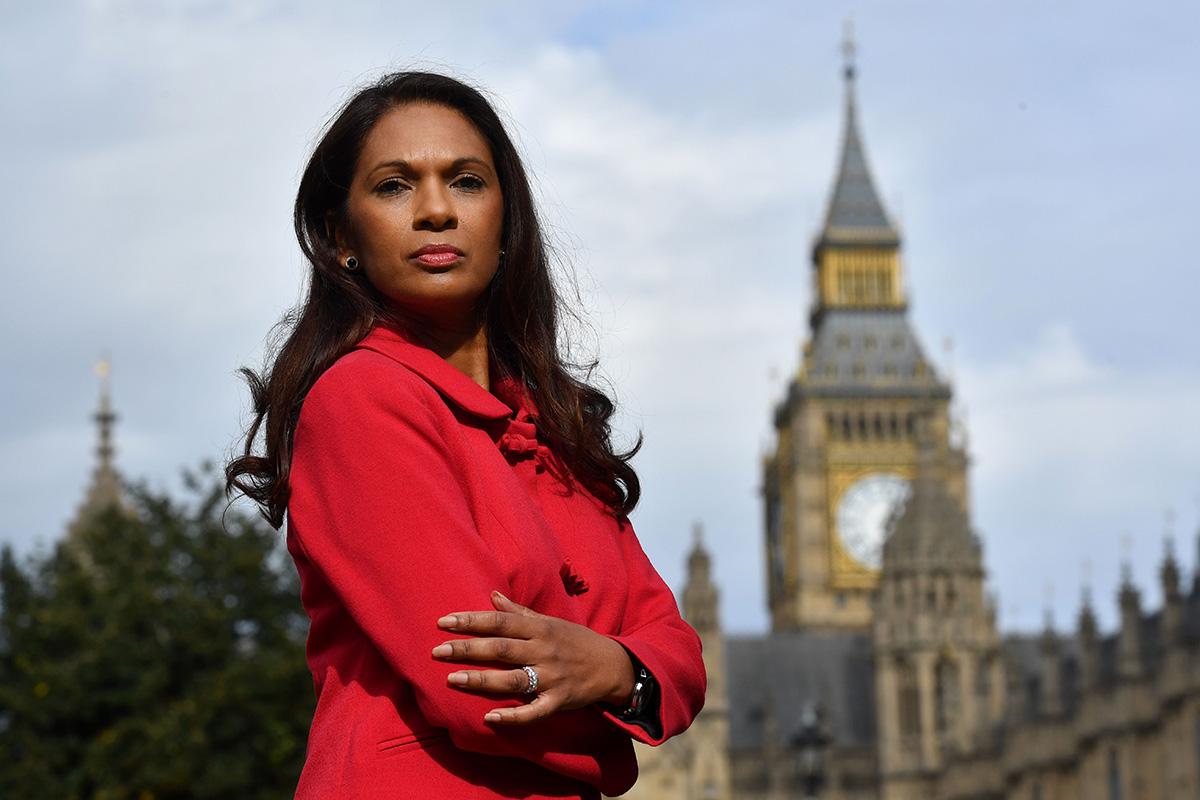If Remain campaigners work together they have a real chance of stopping Brexit
Pro-Europeans will not succeed while they continue to be divided among themselves. There are too many groups competing with each other for public and media attention, wasting precious energy and resources


The Government has unwittingly handed ammunition to those trying to stop Brexit in its papers published in the past two weeks on the UK’s future partnership with the EU. Whether on the Northern Ireland border, customs arrangements, civil judicial co-operation or data sharing, the UK is trying to replicate what it has now as an EU member.
So anti-Brexit campaigners will be able to ask: what's the point of leaving? Or, at least, why not stay in the single market and customs union, which would still respect the result of last year’s referendum?
They have other grounds for hope. The papers highlight the complexity of the task. The EU negotiations, which resume next week, are far from the cakewalk promised by the Brexiteers who claimed the UK would “hold all the cards”. Their £350m-a-week bonus for the NHS is never mentioned now; instead, we will have to pay billions to leave.

We now know the scaremongering about immigration, which tipped the referendum, was built in part on dodgy figures about overstaying foreign students, who were wrongly seen as part of the problem. Doubts about the economy grow; holidaymakers going to the Continent notice the pound’s fall against the euro. Promises about future trade deals are no more bankable than the non-existent NHS money.
Despite all of this, there is little sign of a change in public opinion since the referendum. Although some Leave voters probably wonder whether they were sold a pup, many Remain supporters think we should just get on with leaving. But there is still a chance opinion will change.
The challenge for Brexit opponents is how to stop the June election being their high-water mark. Although voters did not endorse Theresa May’s hard Brexit, the proposed two-year transitional deal may only postpone the arrival at the same destination.
Pro-Europeans will not succeed while they continue to be divided among themselves. There are too many groups competing with each other for public and media attention, wasting precious energy and resources. They include Open Britain, which is quick off the mark with very good analysis but can be branded “Continuity Remain” by its enemies as it grew out of the Remain campaign; the cross-party European Movement, which has a strong grassroots network; Best for Britain, fronted by the businesswomen Gina Miller and with some wealthy backers and Vote Leave Watch, set up by the Labour MP Chuka Umunna, which has exposed the Brexiteers’ broken promises.
They should find a way to come together and to work with pro-EU politicians in all parties, for a campaign to keep Britain in the EU. It might be their last hurrah, but they need to give it their best shot – and to get a move on. Although some pro-Europeans believe the public might eventually vote to rejoin the EU when the downsides of Brexit finally hit home, there is a better chance of halting it before we leave in March 2019. Yes, they will need the tide of public opinion to turn. But to give people a nudge, they need to get organised now.
At some point next year, they will have to launch a campaign for a referendum on the exit deal. Crucially they will need to persuade the Commons to vote for one. It will be important not to call it a second referendum, a lesson the Liberal Democrat leader Sir Vince Cable has learned, since his party was accused of trying to overturn the first referendum by advocating another one.
There is a strong case for giving the public a choice between accepting the exit agreement and staying in the EU. People voted “against” the EU last year but did not vote “for” an alternative. The benefits of the single market and customs union were not widely discussed, whatever the Brexiteers claim now. We don’t yet know our final destination. As a UK-EU trade deal won’t be settled until the transitional phase, the anti-Brexit camp can argue it would be wrong to leave in March 2019 without knowing what we are leaving for.
Securing a Commons majority will require the support of the Labour Opposition, and a change of heart by two people – Jeremy Corbyn and John McDonnell. Neither has much love for the EU. Pro-EU Labour figures hope they might yet persuade Corbyn to stop colluding in May’s hard Brexit, as he would get a share of the blame if we got a bad deal and the economy took a hit. But they are less sure they can turn his powerful shadow Chancellor. McDonnell believes it would be easier to implement a socialist programme free of the EU’s constraints. But how free would a Labour government be to do anything if it had to pick up the pieces from a post-Brexit economic disaster?
For now, I suspect there won’t be another referendum. But there should be.
Join our commenting forum
Join thought-provoking conversations, follow other Independent readers and see their replies
Comments
Bookmark popover
Removed from bookmarks